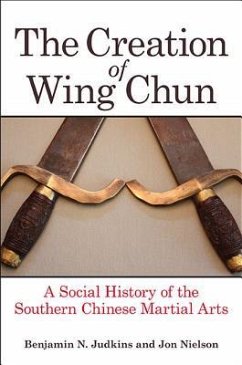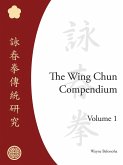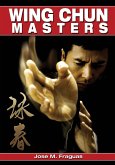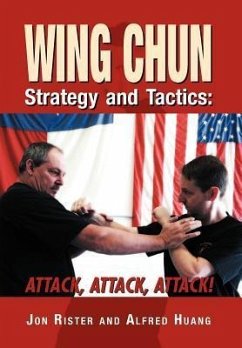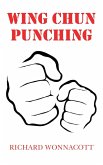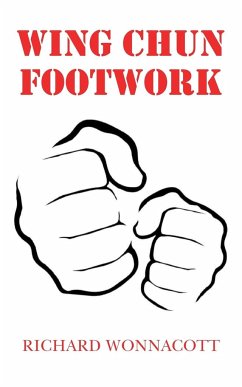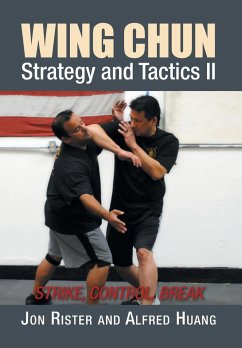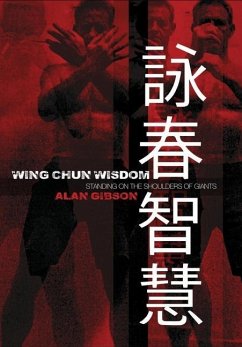This book explores the social history of southern Chinese martial arts and their contemporary importance to local identity and narratives of resistance. Hong Kong's Bruce Lee ushered the Chinese martial arts onto an international stage in the 1970s. Lee's teacher, Ip Man, master of Wing Chun Kung Fu, has recently emerged as a highly visible symbol of southern Chinese identity and pride. Benjamin N. Judkins and Jon Nielson examine the emergence of Wing Chun to reveal how this body of social practices developed and why individuals continue to turn to the martial arts as they navigate the challenges of a rapidly evolving environment. After surveying the development of hand combat traditions in Guangdong Province from roughly the start of the nineteenth century until 1949, the authors turn to Wing Chun, noting its development, the changing social attitudes towards this practice over time, and its ultimate emergence as a global art form.
Hinweis: Dieser Artikel kann nur an eine deutsche Lieferadresse ausgeliefert werden.
Hinweis: Dieser Artikel kann nur an eine deutsche Lieferadresse ausgeliefert werden.

